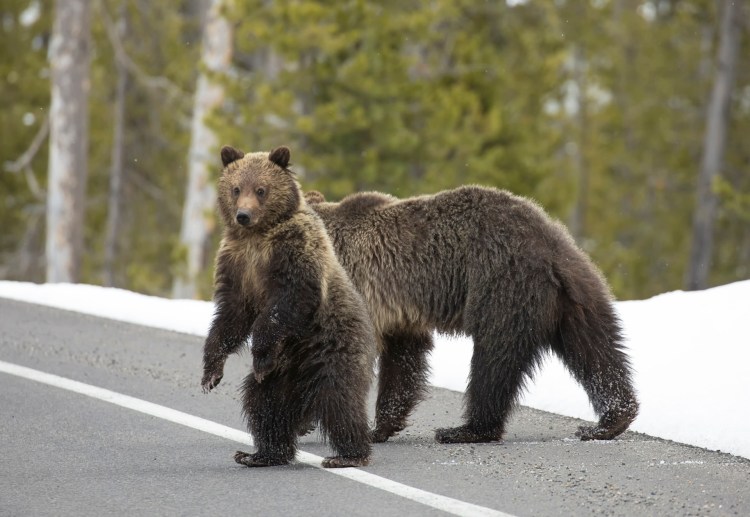The more technology and industry develop, the more nature needs protection. The world has started to care more about the environment, and that’s great. But how can wildlife conservation be influenced through the use of writing skills? This article describes the various ways in which people use writing to promote the conservation of wildlife.
How do you use writing for wildlife conservation effectively?
Most often, people begin their path to protecting nature from their student days. By studying global problems, we understand that technological progress influences nature, which is not protected. Also, teachers often ask students to write ecology and nature protection papers. Difficulties during writing arise for various reasons, and it’s good that ThePensters provides quality essay writing services. Sites like these are great helpers with different types of writing and know exactly how to create a paper on nature protection. After all, you can effectively use writing as a tool to promote wildlife conservation through the following methods:
Education and enlightenment. Conservationists use educational materials such as brochures, books, and articles to educate people about the importance of biodiversity and how to conserve it. Writing environmental education textbooks and guides helps instill respect for nature from an early age. Also, educational materials about nature contribute to developing students’ empathy for nature and its protection. A correctly written text demonstrates the essence of the topic.
Influence on politics. Writing can be a powerful tool for lobbying and influencing politicians and legislators. Petitions, open letters, and policy reports help communicate the importance of environmental action and propose concrete actions to improve the situation. First of all, the introduction of laws on the protection of nature creates the foundation for the actions of all concerned people. Combating such tragedies would be difficult if the law did not prohibit testing cosmetics on wild animals. Therefore, the impact of wildlife protection writing is significant.
Raise awareness. Writing allows you to disseminate information about wildlife conservation issues to a broader audience. Through articles, blogs, letters to the editor, and social media, activists educate the public about the importance of conservation and specific threats to wildlife and their habitats. Information is the primary tool that rules the world and can influence the masses positively. Due to a lack of knowledge about wildlife, people often need to realize its importance and are unaware of the challenges of commercial elephant farming.
Fundraising and grants. Writing grant applications and fundraising letters attracts financial support for wildlife conservation projects. Well-written proposals convince philanthropists and foundations of the need to invest in environmental initiatives. If you previously thought that one letter could not save an endangered species, then you were mistaken. Every action regarding saving nature has a benefit and creates the beginning for changes for the better. Funds receive hundreds of letters daily, and a well-reasoned application can easily stand out from the pile of others.
Success stories. Publishing successful cases and stories about restoring animal populations and preserving natural areas inspires others to act. Personal stories and testimonies from participants in conservation projects motivate people to participate in such initiatives. There is no need to be afraid to talk about your volunteer activities because of possible condemnation from people who do not consider caring for nature a priority. There will always be many more people who will support you and join when they see that the activity has brought success.
Creating a community. The writing to establish contacts and cooperation between various organizations and activists. Powerful coalitions form to work together on conservation projects by sharing information, news, and reports. The practice of joint work between foundations has shown itself to be excellent in various areas of charity. By pooling all available resources to organizations, helping wildlife becomes more global and creates new opportunities for animals needing help.
Thus, writing plays a crucial role in promoting ideas and practices for wildlife conservation by mobilizing communities, attracting resources, and influencing essential decisions. Every word and opinion counts in this critical fight to save wildlife that needs and is threatened by humanity every day. Writing can reach hearts and change the world like hundreds of years ago.
Lead Image: Photo by Robert Sachowski on Unsplash.







Leave a Reply